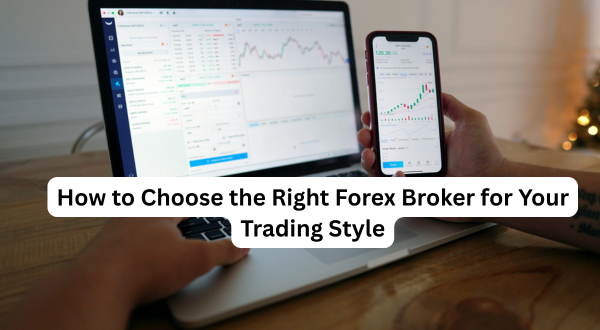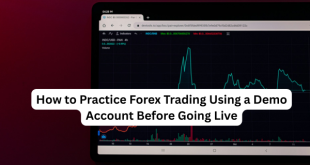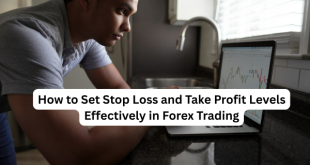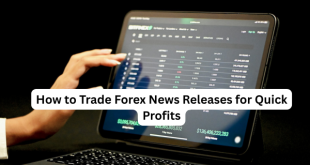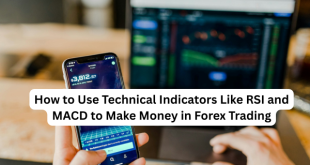Choosing the right forex broker can make or break your trading journey. Whether you’re a day trader, swing trader, or long-term investor, the broker you partner with needs to align with your goals, risk appetite, and trading strategy. With thousands of options out there, how do you narrow it down?
In this post, we’ll walk you through the key factors to consider when choosing a forex broker that fits your unique trading style.
1. Understand Your Trading Style First
Before you even start researching brokers, take a step back and define your trading approach. Ask yourself:
- Are you a short-term trader (scalper/day trader) or a long-term position trader?
- How often do you plan to trade?
- What currency pairs will you focus on?
- What level of risk are you comfortable with?
Understanding your style will guide your decision when comparing broker features like spreads, execution speed, and platform tools.
2. Check Regulation and Licensing
Never trade with an unregulated broker. Always verify that the broker is licensed by a recognized authority, such as:
- FSCA (South Africa)
- FCA (UK)
- CySEC (Europe)
- ASIC (Australia)
- CFTC/NFA (USA)
A regulated broker is legally obligated to follow industry standards, which protects you from fraud and malpractice.
3. Compare Spreads and Commissions
Your trading style impacts how much spreads and commissions affect you:
- Scalpers and day traders need tight spreads and low fees, since they make many trades per day.
- Swing and long-term traders can afford slightly higher spreads, as they hold positions longer.
Make sure you understand the broker’s pricing model — some offer fixed spreads, others offer variable spreads, and some charge commissions per trade.
4. Assess Execution Speed and Slippage
Execution speed is crucial, especially for fast-paced strategies. Look for brokers that offer:
- Fast order execution (under 100 ms)
- Low slippage
- ECN or STP models, which connect you directly to the market without dealing desk interference
Many brokers offer demo accounts — test order execution there before committing.
5. Evaluate Trading Platforms and Tools
A good platform can make trading smoother and more efficient. Make sure your broker offers:
- Popular platforms like MetaTrader 4 or 5 (MT4/MT5) or cTrader
- Mobile app support if you plan to trade on the go
- Integrated tools like charting, indicators, copy trading, or risk management features
For automated or technical traders, advanced tools are essential.
6. Consider Leverage and Margin Requirements
Different brokers offer different leverage. While high leverage sounds appealing, it also increases your risk. Choose a broker that:
- Offers customizable leverage options
- Clearly explains margin call and stop-out levels
- Complies with the leverage limits set by their regulatory authority
7. Review Deposit and Withdrawal Options
Fast and low-cost funding methods matter. A good broker should offer:
- Multiple payment methods (bank transfer, credit/debit card, Skrill, crypto, etc.)
- Low or no withdrawal fees
- Fast withdrawal processing times
Check the fine print so you’re not surprised by hidden fees.
8. Look for Educational Resources and Support
Especially for beginners, a broker with great support and learning resources can be a game-changer. Look for:
- Webinars, eBooks, and video tutorials
- Responsive customer support via chat, email, or phone
- Community forums or mentorship programs
9. Check Reviews and Community Reputation
What are other traders saying? Check:
- Online reviews and YouTube breakdowns
- Forex forums like Forex Factory or Reddit r/Forex
- Social media feedback
Be cautious of overly positive reviews — some might be fake. Look for consistent themes in trader experiences.
Conclusion
The right broker should empower your trading style, not limit it. Do your homework, test their platform, and never rush the decision. Remember — your broker is your partner in the market. Choose wisely.
 UBUCH ubuch | Honest Tech Reviews & Tutorials for Everyone
UBUCH ubuch | Honest Tech Reviews & Tutorials for Everyone
